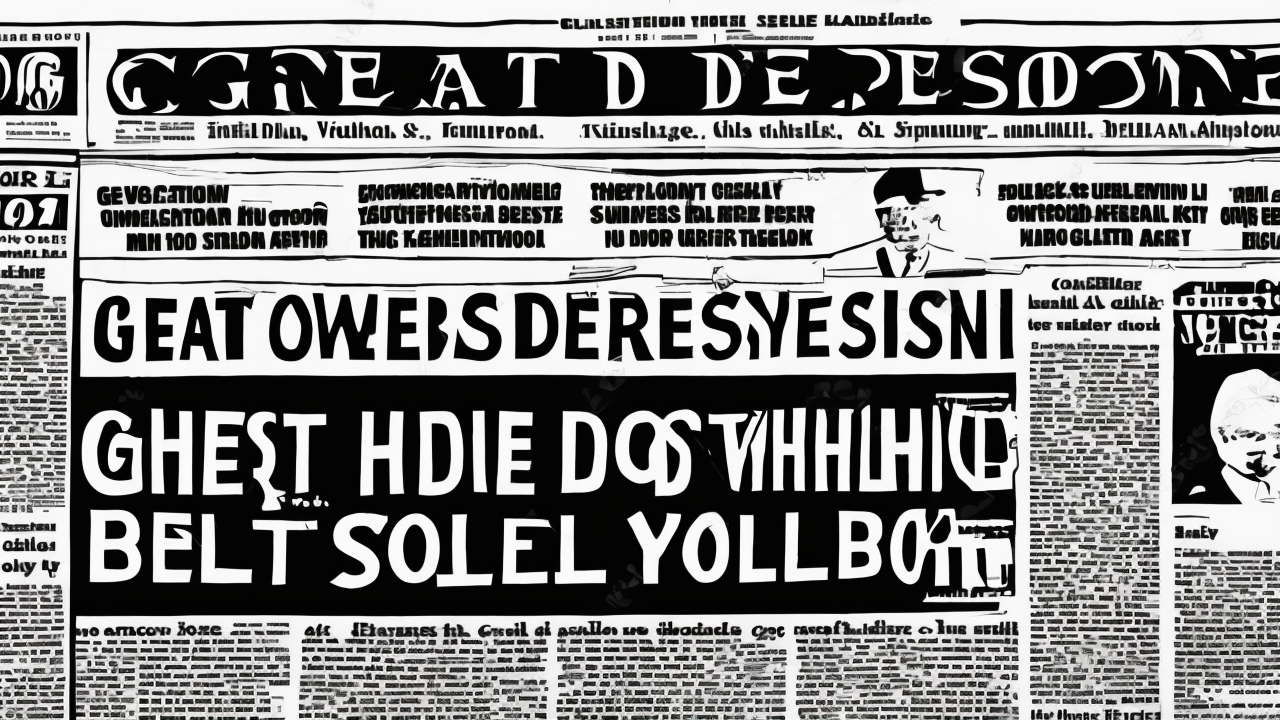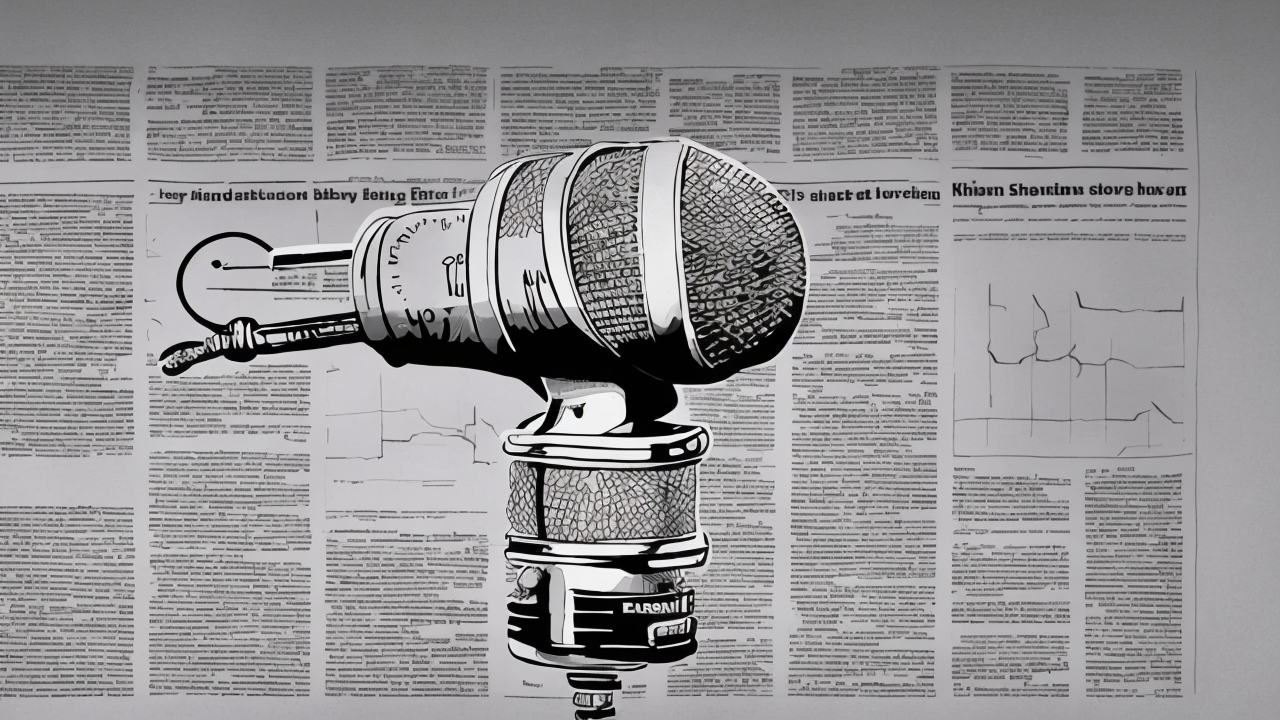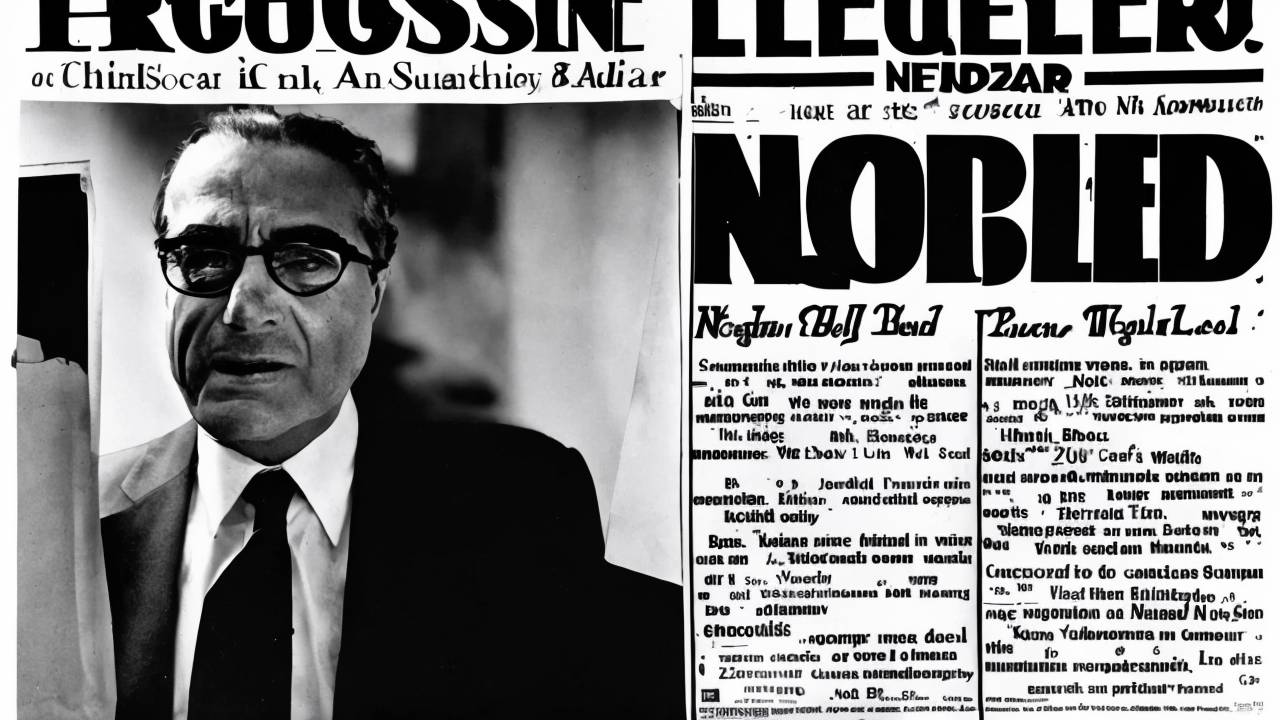The Leftward Tilt of AI in Historical Narratives

Artificial intelligence is increasingly shaping how people understand the past. From school assignments to public policy debates, AI systems now deliver summaries of historical events with a confidence that can be mistaken for neutrality. Yet, a closer look at how these systems interpret key moments—such as the Great Depression—reveals a troubling pattern. While the technology claims to be impartial, its responses often reflect a one-sided ideological perspective, favoring narratives that align with progressive thought while downplaying or omitting conservative interpretations.
Take Google’s AI response to questions about the causes of the Great Depression. It attributes the crisis to overproduction and unequal wealth distribution—concepts rooted in Marxist and Keynesian economic theories. These explanations, while widely taught in academic circles, do not tell the whole story. They overlook significant factors such as President Hoover’s tax increases, which stifled business growth, and the expansion of federal intervention during the early years of the crisis. Conservative economists, including Amity Shlaes in her work The Forgotten Man, have long argued that these policies delayed recovery by disrupting market mechanisms and discouraging investment.
More troubling still is the AI’s refusal to acknowledge that some on the left celebrated the economic collapse. Historical records show that communist and socialist groups viewed the Depression as a sign of capitalism’s failure, even calling for revolution in certain circles. The AI dismisses such claims, despite documented evidence. It also fails to recognize how the New Deal, while well-intentioned, significantly expanded the size and scope of the federal government—a shift that had lasting implications for American governance and individual responsibility.
These omissions are not accidents. They reflect a deeper trend in how AI is trained: on data drawn from sources that already lean left. Academic journals, news outlets, and online encyclopedias often emphasize progressive interpretations of history. When AI learns from these materials, it inherits their biases. The result is a system that appears objective but consistently favors a single ideological lens.
This has real consequences. When students receive AI-generated summaries of history, they are not exposed to the full range of scholarly debate. They learn about the Depression as a crisis caused by unchecked capitalism, but not about how government overreach may have worsened it. They hear about the New Deal as a success, but not about its long-term costs to fiscal discipline and economic freedom. Over time, such narratives shape how people view government, work, and personal responsibility.
The danger is not just in misrepresenting the past, but in distorting the future. If young people grow up believing that government intervention is the primary solution to economic hardship, they may lose faith in the virtues of hard work, entrepreneurship, and self-reliance. They may come to see government as the main source of security, rather than individual effort and private initiative.
Conservatives need not reject AI outright. The technology has great potential to assist in research, education, and communication. But it must be used with care. We must demand transparency in how AI models are trained, and we must ensure that diverse viewpoints—especially those grounded in classical liberal and conservative principles—are included in the data sets. Institutions and educators should also teach students how to critically evaluate AI-generated content, recognizing that even the most advanced systems can reflect hidden assumptions.
History is not a single story. It is a complex tapestry woven from many threads—economic, political, moral, and cultural. A true understanding of the past requires more than facts; it demands humility, balance, and an openness to different perspectives. As AI becomes a central part of how we access history, we must guard against letting it rewrite the past in ways that serve only one ideology. The truth, after all, is not a matter of political preference. It is a matter of fidelity—to the facts, to the lessons of history, and to the enduring principles that have shaped our nation.
Published: 10/23/2025








